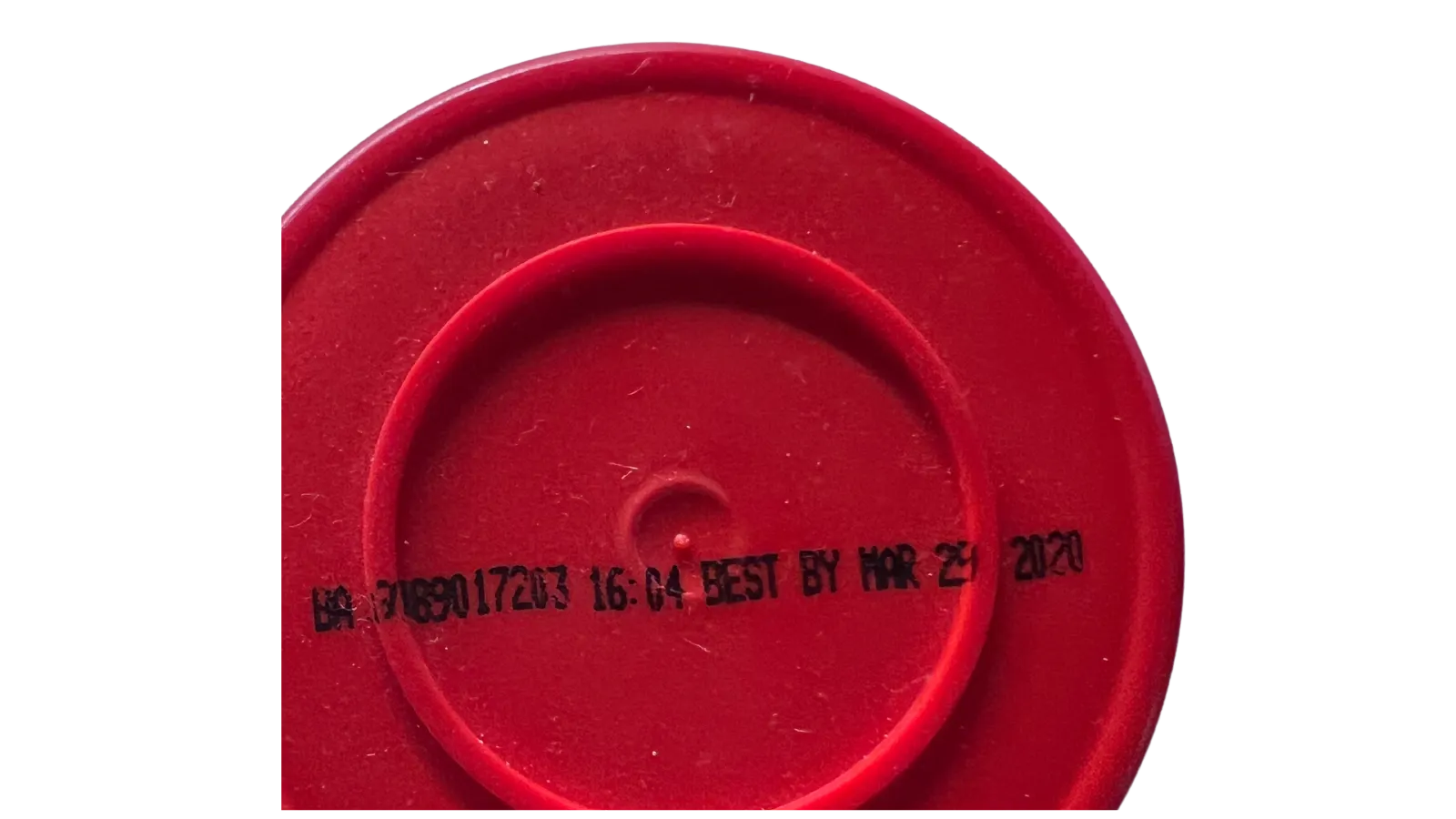Why Your Voice Matters
A few types of voices control academia. In the United States, 1 in 8 domestically trained faculty members come from just five institutions (Berkeley, Harvard, Michigan, University of Wisconsin-Madison, and Stanford). Back in 2005, Stephen Wu found a similar restriction in voices. “Top 25” research institutions in the United States primarily recruited their faculty from “Top 10” programs. For example, 58.9% and 57.1% of history and English professors in these institutions came from “Top 10” programs.
This is a problem for all of us. We need to hear from more people. It’s the only way to address problems that matter for all of us. And it’s the only way to hear and fund our best ideas.
As a small step in this direction, I run a series in this newsletter called Scholar Voices. The goal is to hear from many scholars about how they’ve navigated their careers.
This week I’m delighted to share an interview with Dr. Letitia Henville. Dr. Henville is a freelance academic editor who writes the column Ask Dr. Editor. Dr. Henville has a PhD in poetry, and she helps scholars with their grants. I am especially excited about this interview because many of you, dear colleagues, have asked about how humanities scholars can navigate grant writing.
~~~~~~The Interview~~~~~~~
How did you learn to write grants or edit grants?
I talked to a lot of people about different kinds of work that is available to someone with a PhD
in poetry. And when I started talking to people who edit research grant applications, it really seemed to resonate with how I enjoy working. I revel in the fine details. I worked in the Department of Occupational Science and Occupational Therapy at the University of British Columbia for three years as a Research Grants Facilitator. I enjoyed helping these folks get research funding, and now I've been editing now for six years. I edit dozens of grant applications every year.
What are some of the challenges you see humanities scholars face as they start learning to write grants?
In the world of funding agencies, certain words can mean different things from what their surface meaning might be. As an example from the Canadian context, at the Social Science and Research Council of Canada, a “workshop” is defined as an “invitational event of 30 or fewer participants” that takes place at the beginning of a research project; personally, I’d use “workshop” much more broadly than that!
Another difficulty is that some of the conventions of good grants are hard to do in the humanities. We don't start with a hypothesis. We don't run experiments, and we don't use control variables. And even talking about data collection is not how I thought about my work. So some parts of grant writing are not designed for humanities scholars.
What’s a mistake you see humanities scholars make as they start writing grants?
One of the biggest ones is not writing for your specific reviewers. So either going too big, or more commonly, being too niche and making assumptions about what reviewers know. For example, let’s say you’re a medievalist. But your reviewers are from medieval studies, classics, philosophy, and the library school. You’ll have to tell people who the poet you're studying actually is, but you don't have to tell them what kinds of broader conversations are happening at the moment around race. There are some things you can take for granted, and some things you cannot. I usually look up who was on last year's peer review committee, and we use that as a proxy for who's going to be on this year’s peer review committee. Then we ask questions like, “will the person who studies Ottoman pottery understand what you're talking about here?”
What’s your advice for people who are interested in writing grants?
- Give the best numbers that represent your work as best possible. Use whatever metrics and alt-metrics make you look strong. But then, once you get tenure, work for institutional change. Because a humanities researcher is never going to have the h-index of a chemist. So it’s a problem if we point to these metrics and pretend they’re objective.
- Study the genre of the grant application. Read samples. Get as big and as representative and as healthy a corpus as you can. Work through them, and analyze that data. Look for patterns and deviations from patterns. I made writingwellishard.com to help with that part. Then, form your own conclusions about the rules and whether you want to break the rules. Remember that you know how to do research. You can write a grant.
- Get help if you can afford it. Maybe don't have your graduate student edit your grant, because your graduate student isn’t trained in editing. They may not know how to support the editing of your grant. Instead, try a professional academic editor, someone with training and expertise. In Canada, you can look at the Online Directory of Editors from Editors Canada. In the United States, you can search the Editorial Freelancers Association.
How have you seen grants influence careers?
Grants give you the ability to support people in your network. Grants in the humanities can help you get travel funding to conferences, bring your trainees with you, and support your trainees. And for those who do publicly engaged work, grants can support your community. A lot of people in the humanities care about representation of gender and representation of sexuality, what it means to be a nation state, and more. You can lift up populations that you care about with research funding. Research funding can help you be happier in your career.
~~~~~~~~~
I’m grateful to Dr. Henville for sharing her wisdom and expertise. If you’d like to learn more about her work, check out Dr. Henville’s website and column, Ask Dr. Editor, where she regularly shares professional development advice for scholars.
Thank you for reading and believing that scholars deserve support for incredible ideas.
Betty
Stay in touch: Twitter, the Newsletter and The Grant Writing Guide book.
P.S. Dr. Henville helped me find the Wu 2005 article. Although the data is now 17 years old, it underscores the longstanding history of homogeneous voices in academia.
P.P.S. It’s amazing how time flies. I’ve been trying to clean out our cabinets. This Adobo sauce expired in 2020. Blech! (In my defense, I was going up for tenure, there was a global pandemic, etc. etc.).




.png)
.png)
.png)


